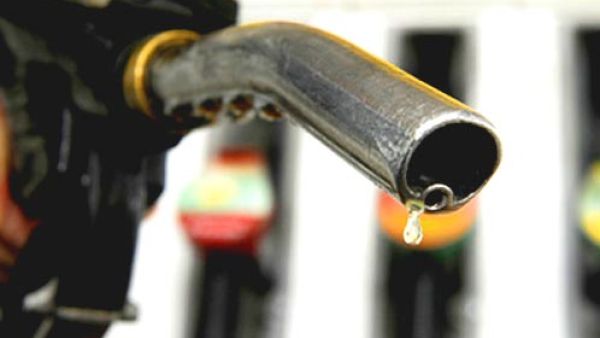Libya will join its neighbours in tackling sensitive fuel market reforms and plans to do away with all subsidies within three years, Oil Minister Abdelbari Al Arusi said.
The International Monetary Fund (IMF) estimates over 14 per cent of Libya’s budget or about $7 billion will be swallowed up by subsidies for food and fuel, which the government says are ineffective because they encourage smuggling and fail to target those most in need of state help.
“The authorities intend to remove subsidies on all fuel, including both gasoline and diesel,” the oil minister said in an interview.
“We expect the implementation of this process to take place within the next three years and there will be awareness campaigns for citizens in order to prepare them.”
Arusi has said gasoline prices needed to rise in line with those of its neighbours to stop fuel being smuggled over its borders.
Libya is not exposed to the same pressure as neighbouring Egypt or Tunisia, which are both fighting political unrest to undertake painful economic reforms to secure loans from the IMF.
Tension, however, between the government and armed militias has been rising since authorities began a campaign to dislodge gunmen from strongholds in Tripoli to curb lawlessness since the ousting of dictator Muammar Gaddafi in a 2011 uprising.
Gunmen in pick-up trucks surrounded Libya’s justice ministry to press demands that former Gaddafi aides to be barred from senior government posts.
With a population of around 6 million, Libya’s fuel subsidies are dwarfed by those of larger nations on an absolute basis.








